As per scientific research, it has been proven that the rate of development in early childhood is more rapid than at any other stage in a human's life. Ninety per cent of brain development takes place by the time the child is of 6 years of age. The neural connections in the brain get strengthened or pruned, based on the quality and consistency of experiences received from the environment.
Emphasising on these experiences, the National Curriculum Framework for Foundational Stage, 2022 aims to help change practices in education and not just the ideas. It focusses on the holistic overall development of the children through transformational learning experiences.
The VIBGYOR curriculum weaves 21st Century Skills and the theories, approaches coined by eminent National and International early childhood educationists like Mahatma Gandhi, Jiddu Krishnamurti, Gijubhai Badheka, Tarabai Modak, Maria Montessori, John Dewey, Jean Piaget, Howard Garner, Friedrich Frobel and Johann Heinrich Pestalozzi to name a few. These developmentally appropriate teaching pedagogies are extensively used to inculcate valuable learning experiences for our learners, ensuring that they evolve into individuals who can make a difference to the society at large.
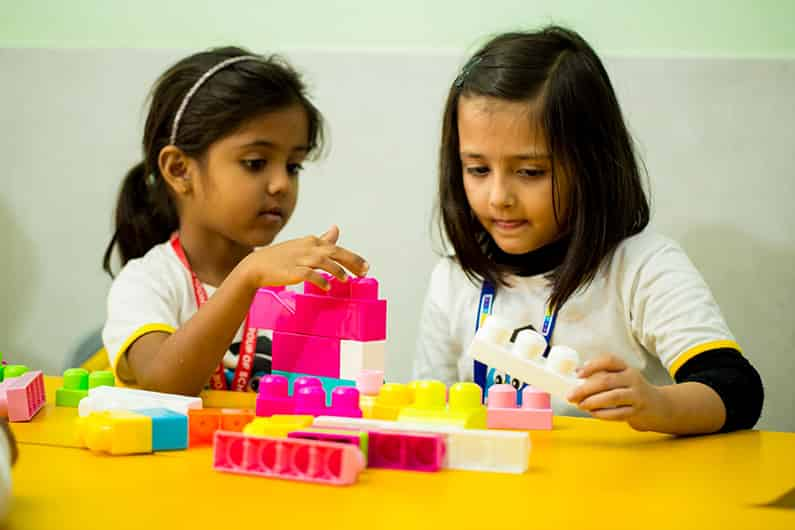
The foundation of our educational philosophy since two decades found its endorsement when the National Education Policy (NEP 2020) and the National Curriculum Framework for Foundational Stage (NCF, 2022) of India confirmed that ‘Play-based and Child-centric’ approaches are the best pedagogies for early years education. Our teaching methodology and pedagogy include the objectives, guiding principles, practices and learning outcomes outlined in the NCF, 2022, making it a suitable choice for parents to provide their children with a quality education that meets National Standards and is armed with the best global practices.


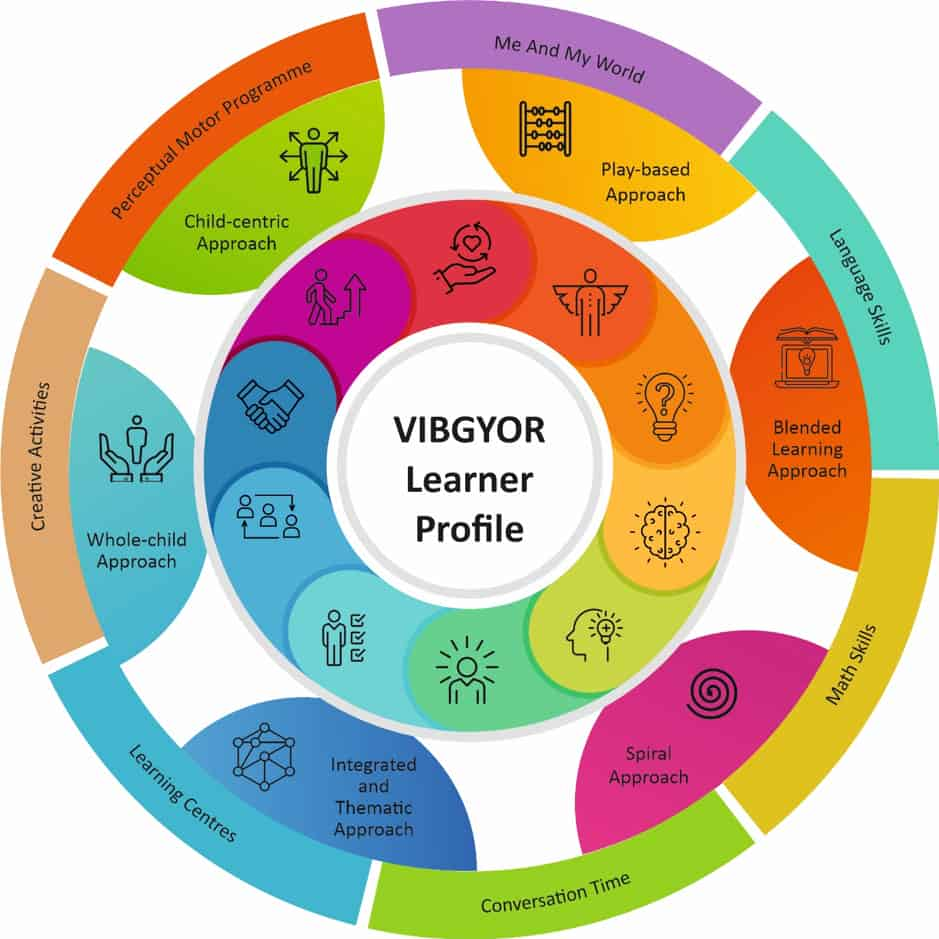

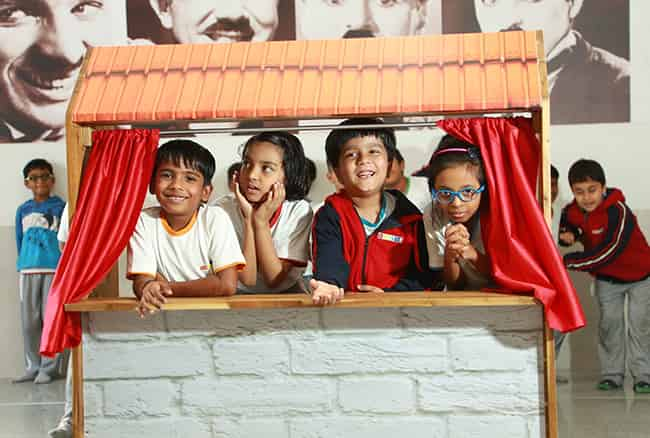
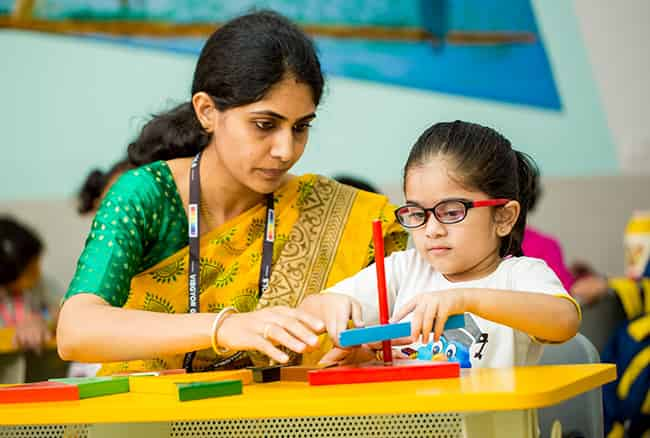
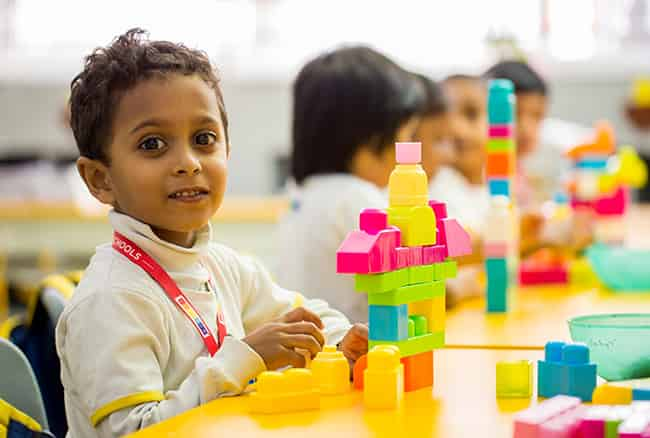
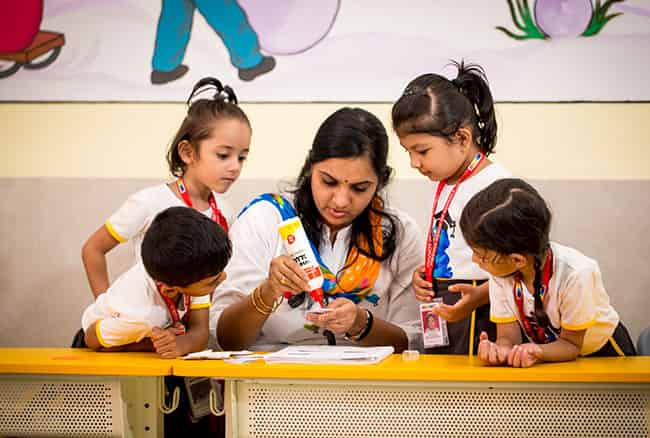

 GROUP
GROUP